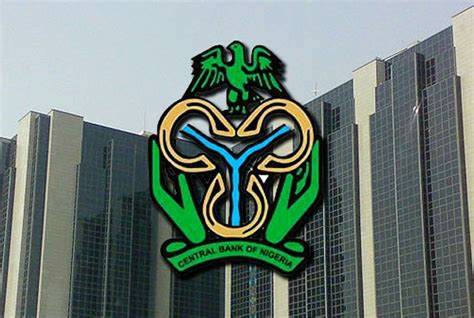According to a recent press statement issued by the Governor of the Central Bank of Nigeria, Godwin Emefiele, N114.17bn has been disbursed to recipients under the institution’s 100-for-100 Policy on Production and Productivity. This program has supported a total of 71 projects in the healthcare, manufacturing, and agriculture sectors.
“Furthermore, under the 100 for 100 Policy on Production and Productivity, the Bank has disbursed the sum of N20.78 billion to nine projects in healthcare, manufacturing, and services. This brings the cumulative disbursements under the facility to N114.17 billion to 71 projects across healthcare, manufacturing, services and agriculture,” Emefiele noted.
In January 2022, the Central Bank of Nigeria introduced a program that targets 100 private sector companies with projects capable of significantly increasing domestic production and productivity, reducing imports, increasing non-oil exports, and ultimately enhancing the foreign exchange generation capacity of the Nigerian economy.
The implementation guidelines for this initiative stipulate that participants can receive a maximum loan amount of N5bn from the CBN.
The initiative states that, “The initiative, which shall be bank-led, will be rolled over every 100 days (that is, quarterly) with a new set of companies selected for financing under the initiative,”
The initiative also states that “Loan amount shall be a maximum of N5bn per obligor. Any amount above N5bn shall require the special approval of CBN’s management,”
The Central Bank has stated that it will work alongside relevant stakeholders to implement the initiative, with an emphasis on both micro- and macro-economic outcomes. These outcomes include the creation of sustainable employment opportunities, the advancement of local content, increases in production output, enhanced capacity utilization, and integration into global value chains.
The initiative aims to tackle the nation’s over-reliance on imports by establishing an ecosystem that supports and targets select projects with the potential to transform and invigorate the economy’s productive base. This overarching goal is outlined in the initiative’s guidelines.
To achieve this goal, the Central Bank has identified specific objectives, including catalysing the substitution of imports for specific commodities, promoting local production and productivity, increasing non-oil exports, and improving the economy’s foreign exchange earnings.
The initiative covers both existing businesses and projects (brownfield) that have the potential to immediately transform and enhance the economy’s productive base, as well as new projects (greenfield) that may be considered subject to CBN management’s approval.



